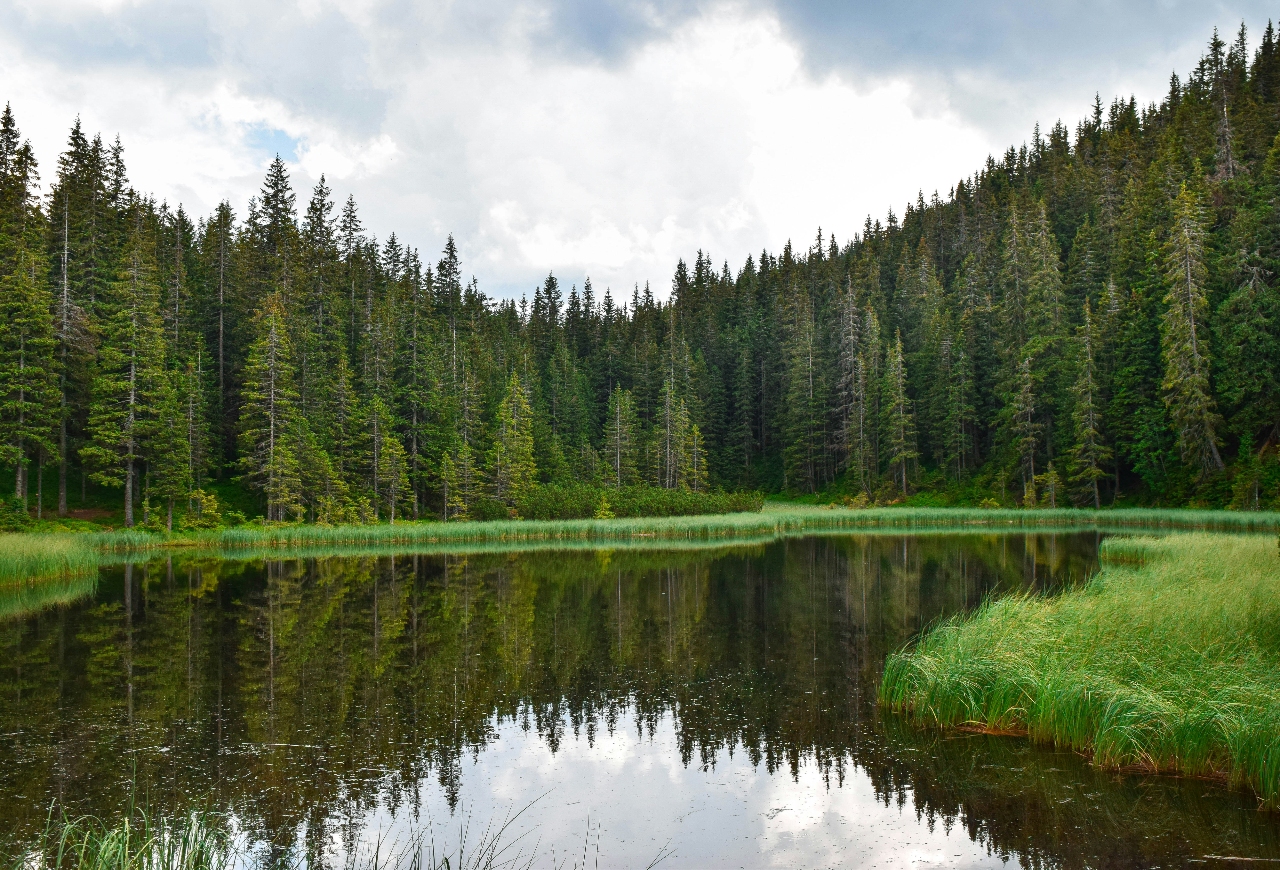Investors are becoming increasingly aware of the potential of natural capital to deliver “resilient and impactful returns”, a survey of British asset owners found.

Seventy-three percent of UK-based asset owners would invest in natural capital in order to support climate adaptation, a research report commissioned by British asset manager Gresham House showed.
Half of UK asset owners said they are either already investing in natural capital, or will do so within the next 18 months. Sixty-nine percent said they would direct up to 3% of their assets to natural capital.
“While there is more work to do to build understanding of natural capital among end investors, the theme is clearly gathering momentum and it is exciting to see that UK asset owners are increasingly aware of the potential to deliver both financial and environmental benefits by backing natural capital solutions,” said Rebecca Craddock-Taylor, director, sustainable investment at Gresham House.
The report surveyed 22 British institutional asset owners, who collectively have £360bn (€418bn) in assets under management.
In order to meet growing demand, Craddock-Taylor said it is “crucial” asset managers offer “a tailored range of natural capital products that reflects the complex and varied requirements of different types of investors and addresses the wide-ranging challenges facing biodiversity and nature around the world”.
Dwindling natural resources
According to the Convention on Biological Diversity, natural capital can be defined as “the world’s stocks of natural assets which include geology, soil, air, water and all living things”. Protecting nature and boosting biodiversity may generate business opportunities worth $10trn a year and create nearly 400 million new jobs, UN Deputy Secretary-General Amina Mohammed said in a speech in 2022.
Natural capital may be worth trillions of dollars, but our natural resources are currently being used faster than the earth can reproduce them. Take wildlife populations, which have declined by 69% since 1970, according to Gresham House. More than 85% of all wetlands have disappeared, while close to one-third of the world’s forest area has been destroyed.
A broadening of strategies
There isn’t a one single approach to investing in natural capital among institutional investors, the report concluded. For example, local government pension schemes mostly invest in natural capital via illiquid assets, with one-third of those surveyed opting for an allocation in real assets, while 25% preferred an allocation to private markets.
The report also highlighted the need for a wide range of liquid and illiquid strategies to satisfy all investors. Twenty-three percent of UK investors said they would prefer to allocate to the natural capital asset class via growth assets, while 18% would align it to an impact allocation.
“As the asset class continues to mature, asset managers, owners and regulators need to purposefully work together to establish the frameworks and approaches needed to drive further long-term investment and deliver positive impacts for nature,” said Ally Georgieva, head of insight at mallowstreet, which carried out the research report for Gresham House.
Focus on natural capital
In an interview with Impact Investor in February, Gresham House chief executive officer Tony Dalwood said he aimed to more than double the firm’s current assets by becoming a market leader in global battery energy storage, and being ranked inside the top five of the world’s biggest forest and natural capital managers.
Gresham House, which specialises in alternative investments with a sustainable positive impact, is the world’s ninth-largest natural capital manager by value.
“Natural capital is a big area of impact investing,” Dalwood said at the time. “So we will be increasingly focused on natural capital, part of that is forestry, part of that is biodiversity, part of that will be carbon credits, food security, things like that.”





